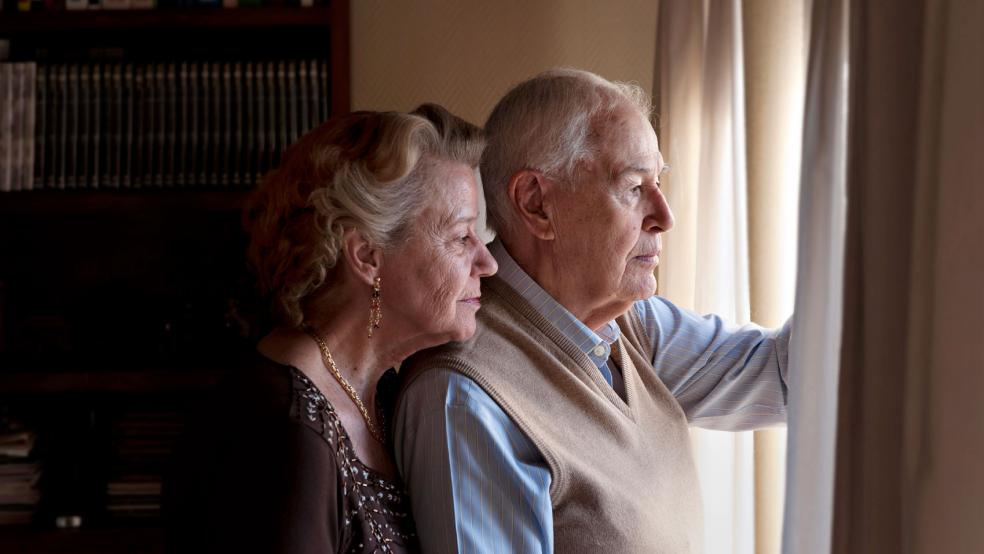Home ownership rates have declined dramatically since the housing crisis hit, as potential first-time homebuyers put off a purchase because they couldn’t afford or qualify for a mortgage or because they wanted to preserve flexibility in an unstable economy.
Even as the housing market has roared back to life, the home ownership rate, which has bounced back ever so slightly, remains near a 50-year low.
Many factors go into the decision to rent or buy a home, but one that consumers may not always consider is how owning a house can contribute to long-term wealth and financial security in retirement.
Related: Why Carrying a Mortgage in Retirement Can Really Pay Off
Paying a mortgage represents a form of forced savings, as homeowners build equity over the long term. A new report from data and consulting firm Hearts & Wallets finds that for households with less than $500,000 in investable assets, real estate represents more than half of those assets. It represents a third of assets for wealthier households. “In fact, many retirement security experts argue that the conventional three-legged stool of retirement resources—Social Security, pensions, and savings—is incomplete because it ignores the home,” researchers at the Urban Institute wrote last year.
After the devastation of the financial crisis, home equity is again becoming an increasingly important financial cushion for Americans, since they’re generally failing to save enough money for retirement via other means. A quarter of all households didn’t save any money last year, according to Hearts & Wallets. Three-quarters saved less than 10 percent of their income, the minimum amount recommended by most financial planners.
While 80 percent of workers are putting money into their 401(k)s or other workplace retirement plans, the portion of money that they’re saving continues to decline.
Related: Even the Super-Rich Are Worried About Retirement
Another retirement benefit of homeownership is that those who are able to stay in their home through retirement (or use their equity to downsize to a smaller one) have an added inflationary hedge. Even if they have a mortgage (as long as it’s fixed rate) in retirement, they don’t have to worry about their housing costs increasing with the market every time they renew their lease.
That’s not to say Americans should over-extend themselves to buy a home. Relying on your home as an asset in retirement requires actually building up equity in the property. And we’ve seen the financial devastation that can result when homeowners end up underwater.
The Urban Institute report found that “the prospects for accessing home equity diminished substantially after the Great Recession.” The study’s authors found that after the financial crisis, homeowners aged 65 or older “could expect to boost their retirement incomes only 40 percent by withdrawing home equity,” down from as much as 54 percent at the peak of the housing bubble.
Nevertheless, the authors concluded that, as home values have recovered in recent years, “today’s older homeowners are even better positioned to use their homes for extra income and more retirement security than they were just two years ago.”
If home ownership rates among younger Americans don’t change, many retirees in the coming generations may have one less resource to rely on in retirement.




